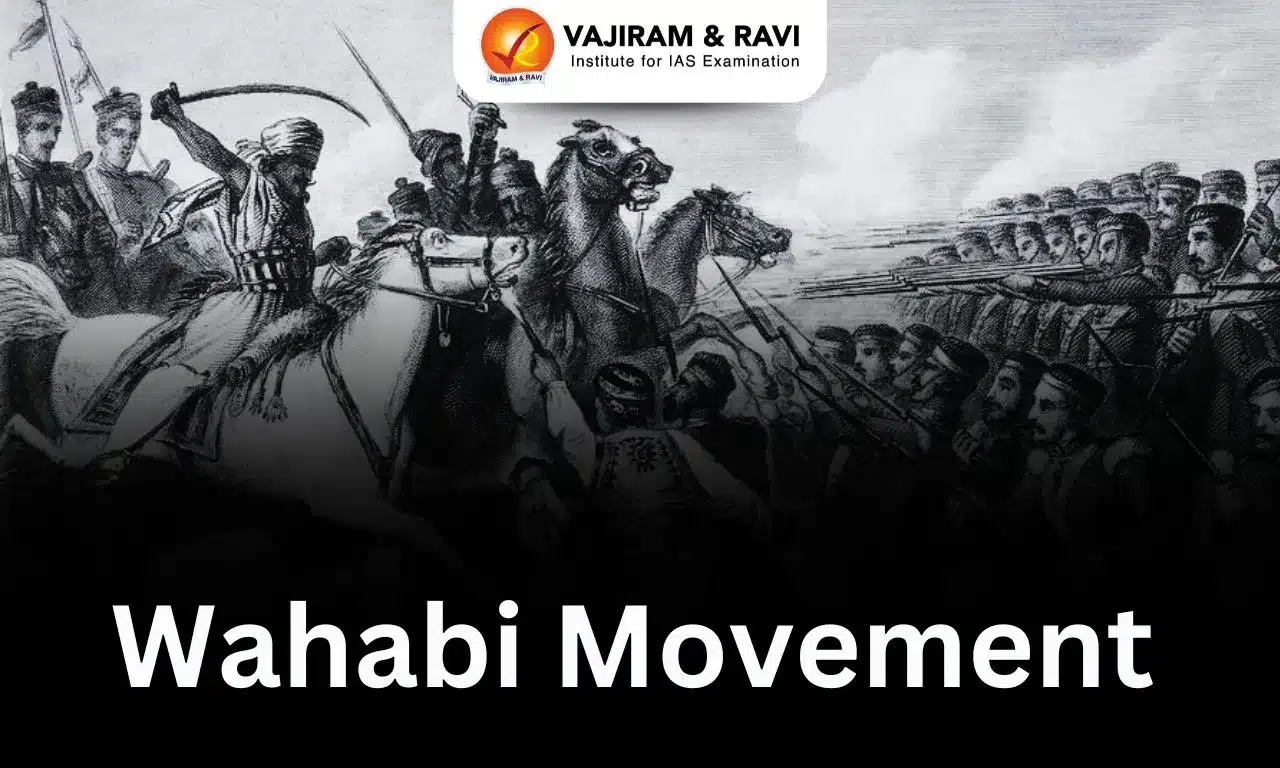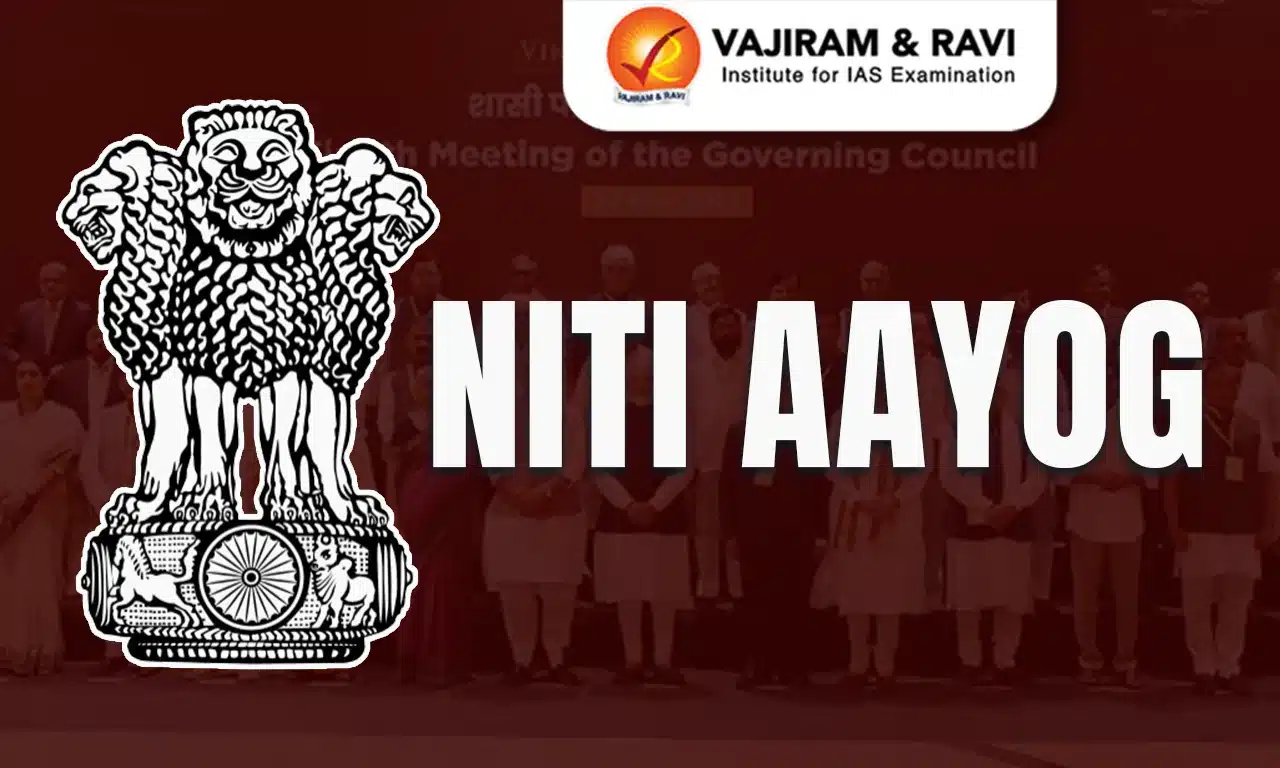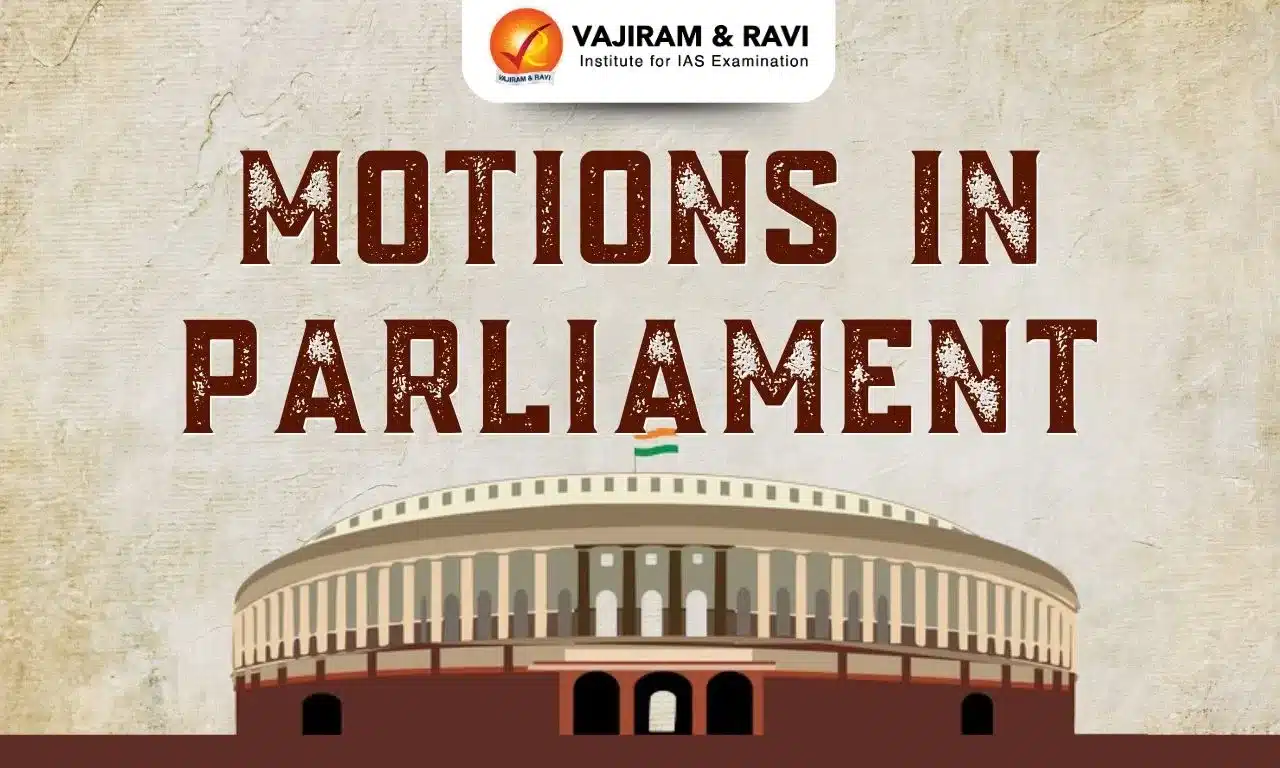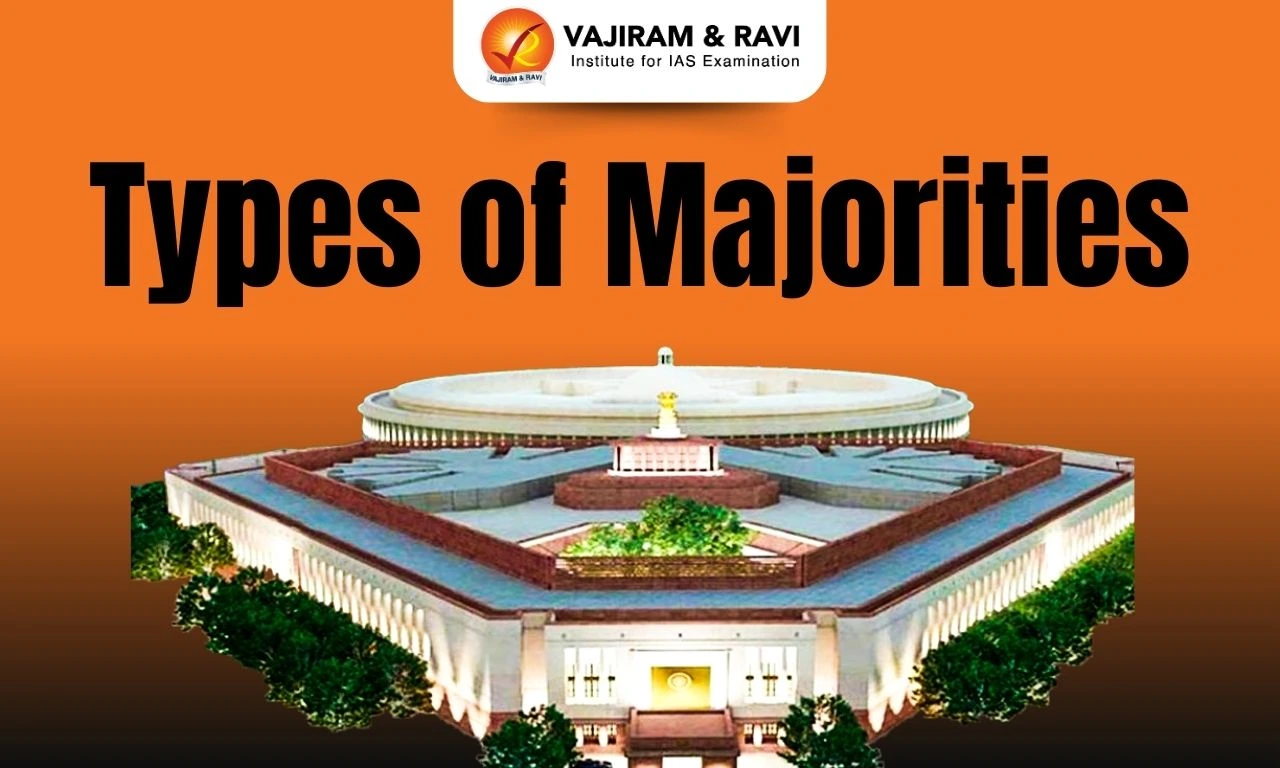The Wahhabi Movement originated in the early 18th century in the Arabian Peninsula, founded by Muhammad ibn Abd al-Wahhab (1703–1792). It emerged as a revivalist and reform movement aimed at purifying Islam by returning to what its adherents viewed as the original teachings of the Quran and Sunnah, rejecting practices they deemed as innovations (bid'ah) or idolatrous (shirk).
The Wahhabi Movement in India is primarily associated with Sayyid Ahmad Barelvi (1786–1831), who emerged as a significant socio-religious and political force during the early 19th century.
Wahabi Movement History
The Wahabi Movement traces its origins to the Arabian Peninsula in the 18th century and was founded by Muhammad ibn Abd al-Wahhab (1703-1792). He sought to reform Islamic practices by returning to the principles and practices of early Islam, as practised by the Prophet Muhammad and his immediate followers. The key teachings and beliefs included:
- Tawhid (Monotheism): Abd al-Wahhab emphasized strict monotheism, condemning any practices that he believed compromised the oneness of God (Allah). This included the veneration of saints and the use of intermediaries in worship.
- Rejection of Bid'ah (Innovations): He strongly opposed practices not rooted in the Quran and Hadith, labelling them as Bid'ah (innovations). This included celebrations of the Prophet’s birthday (Mawlid) and the construction of elaborate tombs.
- Emphasis on Jihad: While Jihad in Wahhabi doctrine primarily referred to a personal struggle for faith, it also included the concept of militant struggle to purify Islam and establish a society governed by Sharia (Islamic law).
Wahabi Movement Objectives
The Wahabi Movement opposed British rule in India by using armed struggle to establish an Islamic state ruled by Sharia law and restore Muslim power. It also sought to purify Islam by combating non-Islamic practices, highlighting strict monotheism, and rejecting innovations.
Religious Objectives
The primary objective of the Wahabi Movement was to purify Islam by eliminating practices considered un-Islamic. This included:
- Strict Monotheism: Emphasizing the oneness of god (Tawhid) and rejecting the worship of saints, shrines, and any form of meditation.
- Rejection of Innovations: The movement sought to eliminate practices not found in the Quran and Hadith, such as certain rituals, festivals, and the veneration of saints.
Political Objectives
The Wahabi Movement resisted British colonialism by striving to establish an Islamic state governed by Sharia law. This included:
- Establishment of an Islamic State: The Wahabi Movement aimed to establish a state governed by Islamic law (Sharia) based on the early Islamic model. In India, this meant resisting British rule and attempting to restore Muslim power.
- Resistance to British Colonialism: The movement saw British rule as a threat to Islam and aimed to resist it through armed struggle (Jihad). The Wahabis considered it their duty to fight against the infidels (non-Muslim rulers) and restore Islamic rule.
Wahabi Movement Suppression
The British viewed the militant Wahabi Movement as a political threat and responded with military action, legal measures, and the Wahabi Trials to suppress it, ultimately leading to the movement's decline, though its ideology influenced later Islamic reform movements.
- Perception as a Threat: The British viewed the Wahabi Movement as a political threat due to its militant nature and its potential to inspire widespread rebellion. The movement’s anti-British stance and its emphasis on Jihad alarmed the colonial authorities.
- Military Action and Trials: The British employed both military and legal measures to curb the movement. After Syed Ahmed Barelvi’s death, his followers continued to resist British rule, leading to several confrontations.
- The British responded with force, particularly during the Rohilla War, where they targeted Wahabi strongholds.
- The Wahabi Trials: The most notable effort to suppress the movement came in the form of the Wahabi Trials, conducted between 1864 and 1870. During these trials, numerous Wahabi leaders and followers were arrested, tried, and imprisoned or exiled.
- Decline of the Movement: The suppression of the Wahabi Movement by the British, coupled with the failure to establish an Islamic state, led to its decline. However, the ideological legacy of the movement persisted, influencing later Islamic reform movements in India and beyond.
Last updated on March, 2026
→ UPSC Notification 2026 is now out on the official website at upsconline.nic.in.
→ UPSC IFoS Notification 2026 is now out on the official website at upsconline.nic.in.
→ UPSC Calendar 2026 has been released.
→ UPSC Final Result 2025 is expected to be released soon.
→ Check out the latest UPSC Syllabus 2026 here.
→ Join Vajiram & Ravi’s Interview Guidance Programme for expert help to crack your final UPSC stage.
→ UPSC Mains Result 2025 is now out.
→ UPSC Prelims 2026 will be conducted on 24th May, 2026 & UPSC Mains 2026 will be conducted on 21st August 2026.
→ The UPSC Selection Process is of 3 stages-Prelims, Mains and Interview.
→ Prepare effectively with Vajiram & Ravi’s UPSC Prelims Test Series 2026 featuring full-length mock tests, detailed solutions, and performance analysis.
→ Enroll in Vajiram & Ravi’s UPSC Mains Test Series 2026 for structured answer writing practice, expert evaluation, and exam-oriented feedback.
→ Join Vajiram & Ravi’s Best UPSC Mentorship Program for personalized guidance, strategy planning, and one-to-one support from experienced mentors.
→ Check UPSC Marksheet 2024 Here.
→ UPSC Toppers List 2024 is released now. Shakti Dubey is UPSC AIR 1 2024 Topper.
→ Also check Best UPSC Coaching in India
Wahabi Movement FAQs
Q1. What is the Wahabi movement?+
Q2. Who is the founder of the Wahabi movement?+
Q3. What were the aims of the Wahabi movement?+
Q4. Where was the headquarters of the Wahabi movement in India?+
Q5. Who is the father of the Wahabi movement in India?+
Tags: quest wahabi movement














